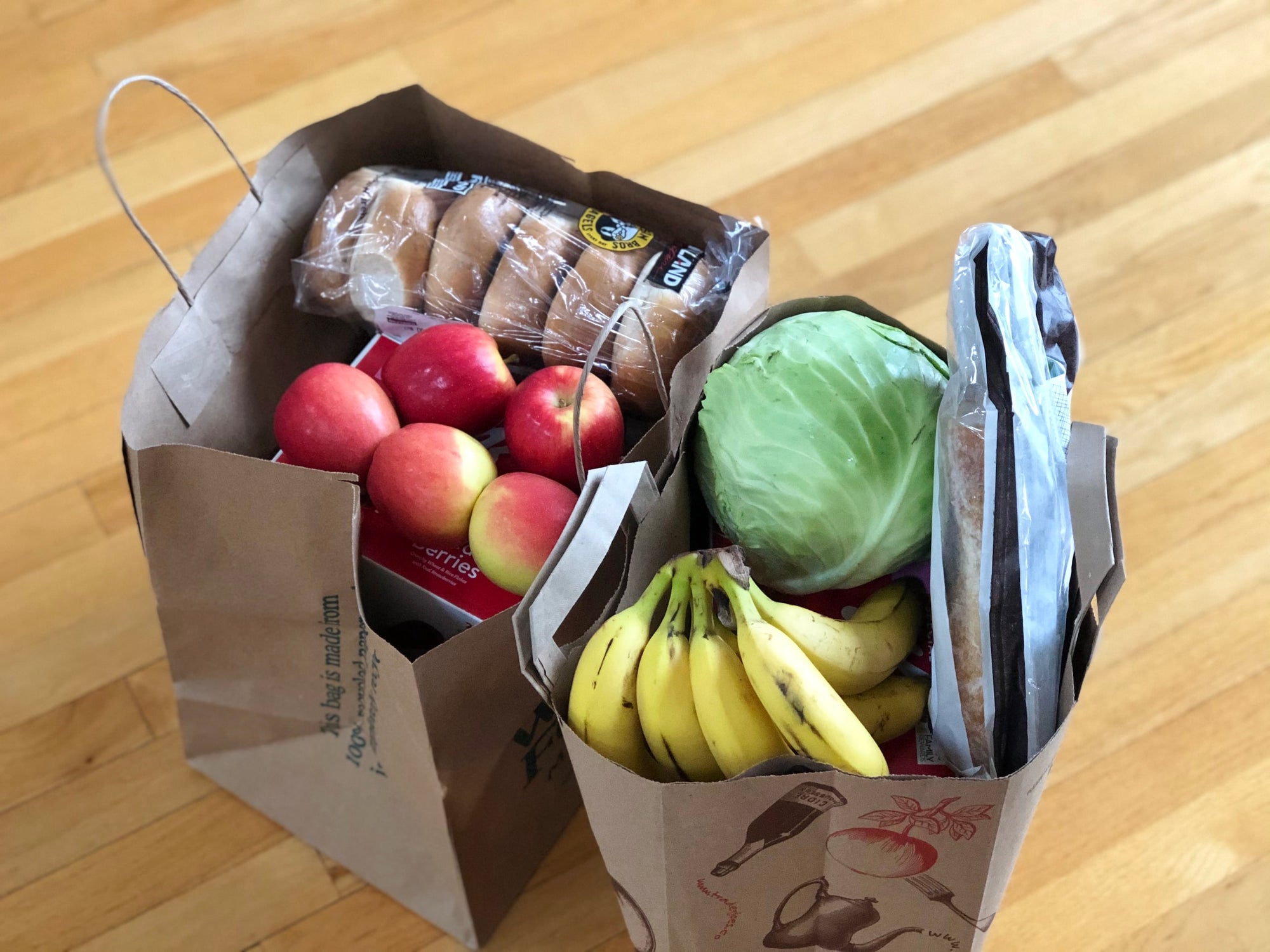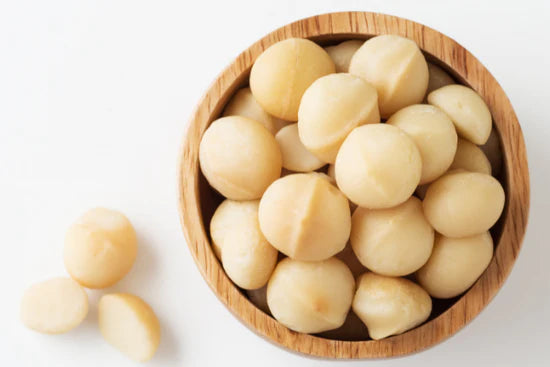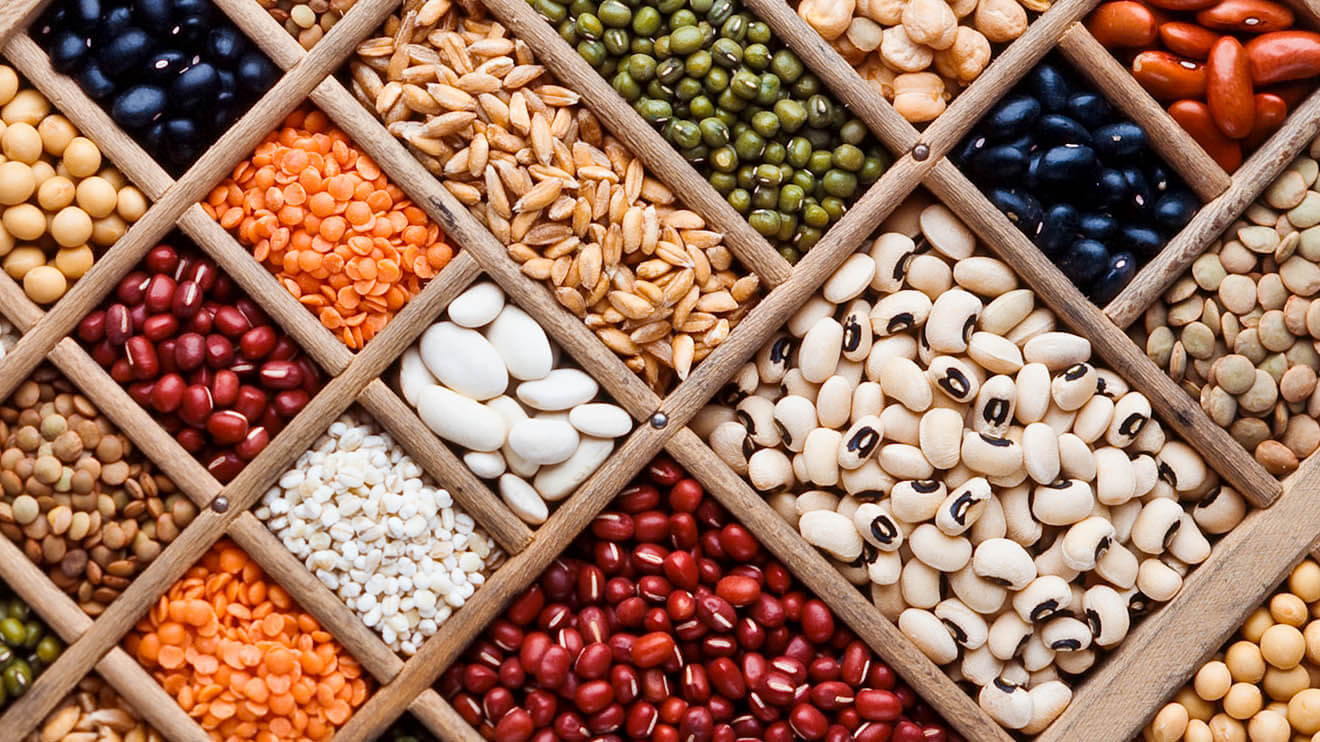The number one struggle for most first time restaurant owners is making connections, building relationships. How can you start serving without a contact book filled with suppliers. Today Matumi Distributors are going to help you identify the type of supplier that will suit you, as well as the ins and out of the supply chain. Before you read the full article it is important to note that many of the practices of thee different supply chains overlap as they evolve they borrow practices from each other.
National wholesale food supplier
Your one-stop shop for all goods imaginable. National wholesalers work with a large network of farmers to stock a wide range of ingredients for restaurants. You can usually order online, over the phone, or sometimes through an app.
Pros
- Wide Variety
- One stop for all goods
- Discounts on bulk deals
Cons
- Impersonal
- Orders can't be specialised
- Ingredients aren't the freshest
Farmers
Farm-to-table restaurants is a restaurant model that has gained a lot of interest recently. Working with local farmers can come in the form of a direct relationship.
Pros
- Fresher ingredients
- Relationships are valued,
- Allows a seasonal menu
Cons
- Higher cost
- Have to order from multiple sources
- Limited to ingredients in the local area
Local food markets
While originally intended to bring local food from farms to communities, more chefs are shopping at local food markets for locally sourced ingredients. Shopping at a local market allows restaurants to handpick their ingredients and talk to the farmers who grow their food
Pros
- Fresh ingredients
- Building relationship
- Can learn about where your food comes from
Cons
- Higher cost
- Increased time for shopping and pickup
- Limited to ingredients in the local area
Local food suppliers
A one stop shop for all your needs, similar to that of a national wholesale food supplier. However the difference is that a local supplier sources from all the local farms to gather all the goods in one centralised place making it more convenient for the consumer to buy goods.
Pros
- Fresh ingredients
- Support local economy
- WIde variety
Cons
- Higher cost
- Impersonal
- Limited to ingredients in the local area
All these different types of supply chains are very complex and can be overwhelming. It is important you assess your current situation and see which supply chain will be best suited for you.



